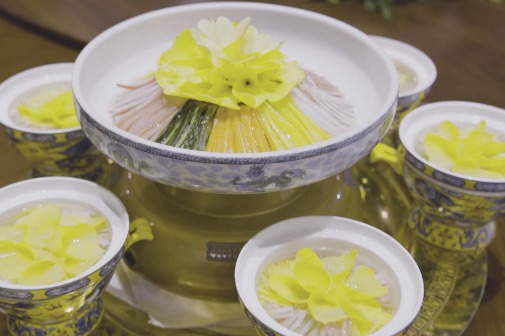Order of the day: Use it or lose it
At a time when waste is being discouraged in the cause of environmental protection, many are finding that being frugal pays off financially, too, Yang Feiyue reports.


One night in February Liao Wenyu went on a shopping spree.
The 26-year-old from Beijing placed a dozen of orders on a livestreaming channel on Alibaba's e-commerce platform Taobao.
"Rather than splurging, I'm saving money by buying stuff at a bargain price,"Liao says.
One of her favorite livestreamers was hosting a special sale of near-expired items, all of whose prices were at least two thirds off.
Apparently, to Liao those items looked cheap and cheerful.
She bought imported fruit jams, hair products, tea and nutrition drinks and wine for both herself and her parents staying in her hometown in Jiangxi province.
"Most of these goods are just halfway over their shelf life, and the rest has at least three months left," Liao says.
"It's long enough for me to make good use of them."
Liao is among the expanding regiment of bargain hunters.
"I used to joke about my mother, whose favorite thing is to go to the supermarket and snatch up the discounted bread and milk that is about to reach its use-by date," she says.
"But when things are to my taste, it turns out I'm not that different."
Liao says the online channel from which she bought her goods deemed products halfway through their shelf life to be near-expired items.
On Douban, one of the country's most popular online review aggregators, a group using the hashtag "I love near-expired food" founded 18 months ago now has more than 90,000 members.
About 2.1 million people have dug into their pockets to buy near-expired food on the e-commerce platform Taobao, according to a report published in April 2021 by Taobao and the science portal website of China Science Communication.
Those products usually still have 20-50 percent of their shelf life left and their taste is uncompromised, which means they sell well.



































